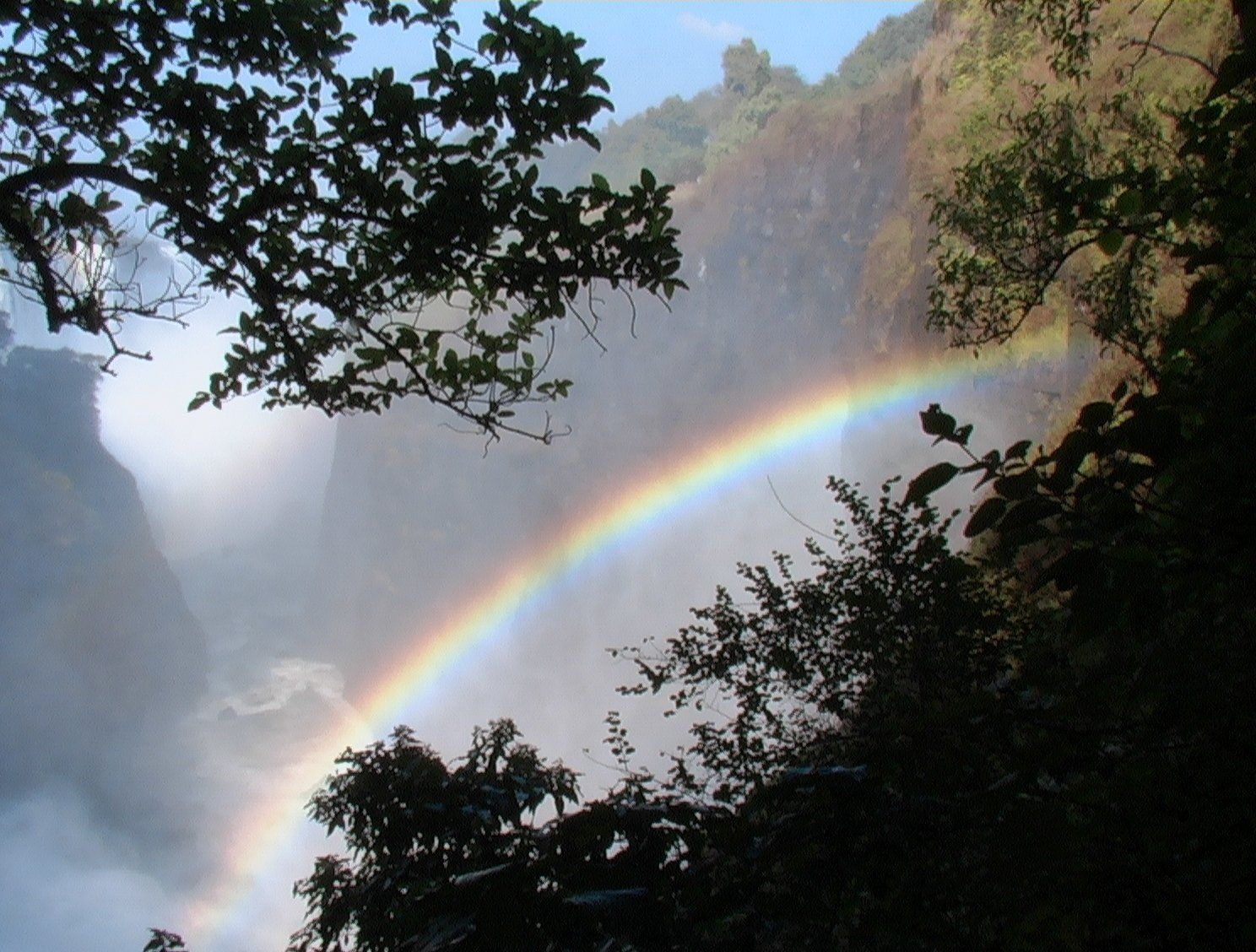Geral Blanchard, LPC, is a psychotherapist who is university trained in psychology and anthropology. Formerly of Wyoming and currently residing in Iowa, Geral travels the world in search of ancient secrets that can augment the art and science of healing. From Western neuroscience to Amazonian shamanism, he has developed an understanding of how to combine old and new healing strategies to optimize recovery, whether from psychological or physical maladies.
MDMA and Reciprocity
At the foundation of most indigenous cosmologies is the ethic of reciprocity. It is about an exchange of energy that we don’t wait for, but instead initiate.
The idea is to give to others without the primary motive of receiving anything in return, yet understanding that life tends to reciprocate if we are fair and generous.
The Q’ero people of Peru recognize that interpersonal relationships often cause harm. At the same time, relationships are central to any person’s recovery from painful social encounters. They believe that to promote anyone’s healing it is essential to support a return to their indispensable participation in upholding the deeply intertwined social and world order, lovingly participating with others – what they call ayni, or what can also be understood as reciprocity. To uphold one is too uphold all.
The Golden Rule – a consummate commandment worldwide -- suggests we do onto others as we would have them do onto us. Nice, but perhaps a bit narcissistic. The Platinum Rule, in contrast, suggests we do onto others as they would have us do onto them. A bit more altruistic. Even the concept of them, especially post-MDMA, might seem to fall a little short as it doesn’t recognize the interconnectedness of all of humanity like the Lakota words – mitakuye oyasin – that acknowledges the unity of “all my relatives.”
There is another old maxim: Don’t criticize a man until you have walked a mile in his moccasins. But how can I put myself into the shoes of another if I am not fully aware of who is standing in my shoes. This is reminiscent of the medical dictum: Physician know thyself. And if we know ourselves – candidly admitting all the shortcomings and foibles – we are better prepared to empathize with the plight of others, especially those who have hurt us. Easy to say, or write, yet very difficult to do the work. That is, however, a process that is routinely supported by MDMA-assisted psychotherapy, when we realize our common humanity and, while thinking of our abuser(s) conclude, “Maybe it wasn’t such a personal act after all.” Building on that idea, one more maxim: Hurt people hurt people; wounded people wound people.
Ezra ben-Pesach (in
Parabola magazine, Winter 2021-2022) asserts how when we love our neighbor as ourself, we recognize that at the core we are all comprised of the very same essence, souls constituted of God. When we love without judgment and limitation we see the divine infinite in others and, in turn, free ourselves from being judged and having well-defined boundaries.
Barriers of the ego do not exist at the deeper levels of humanity where mutual essence lives. In essence, we connect with our essence, with the God in ourselves and “others.”
This begs the vital question: Do I actually love myself? And if I can’t answer in the affirmative, the first order of business might be to commence a practice of self-compassion. That is the foundational work that must precede the kind of love ben-Pesach suggests. After that the interplay can begin.
Many spiritual and religious philosophies dating back thousands of years have promoted concepts of reciprocity. But on a local scale, resting in our enlarging heart, is this growing concept of give-and-take that is easily tapped during an MDMA session. Our hope, maybe our duty, is to keep that spirit of mutuality alive thereafter.
********
“All is change, all is exchange.”
- Evan Pritchard, No Word for Time: The Way of the Algonquin People
“What you would avoid suffering yourself, seek not to impose upon others.”
- Epictetus, Greek philosopher
“Therefore, whatever you want men to do to you, do also to them, for this is the Law of the Prophets.”
- Matthew 7:12
“Not one of you truly believes until you wish for others that which you wish for yourself.”
- Islam Prophet Mohammed Hadith
“It is by giving that we receive.”
- Saint Francis of Assisi
*********
Additional Reading: Footer - Paragraph | 12 pt | Lora | Double Light Height
All Hyperlinks - Paragraph | 16 pt | Lora |
Italic Underline | Color #bf7152
Other Topics
Basics of MDMA
Rituals and Ceremony
Brain and MDMA
Trauma
Heart
Energy Movement
Quantum Physics
Native Cosmologies
Nature
Spirituality/Enlightenment
Kogi Tribe
Books written by Geral T. Blanchard
More Articles



















